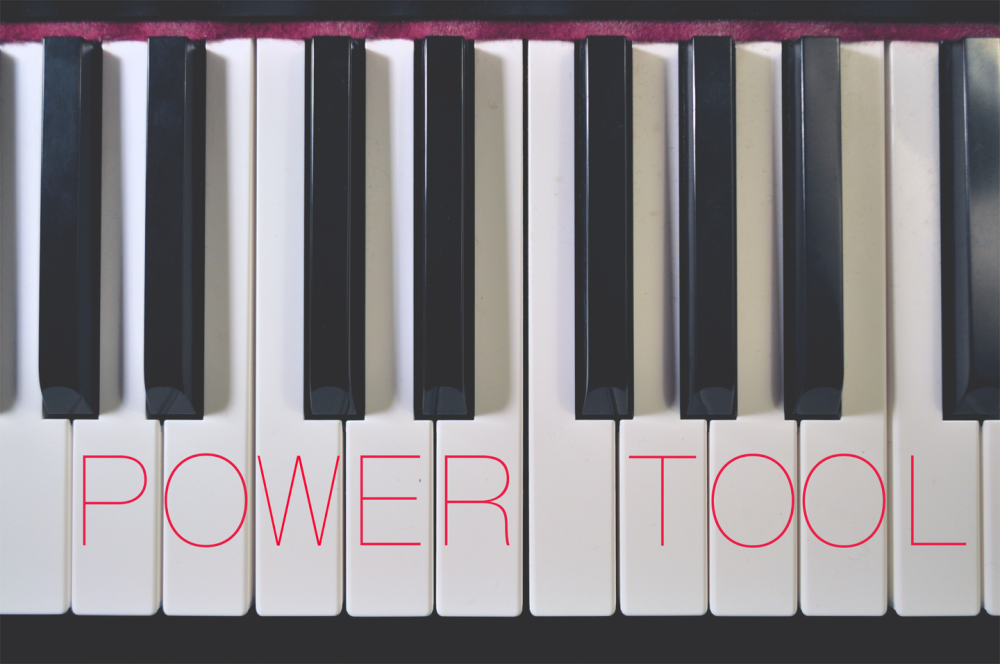USE THE MUSE
Music is common to every culture and religion. It knows no national, racial or gender bias. It laughs at borders and genres.
Music touches all, inspires all, comforts all, binds all, sustains all. It can also anger and hurt many.
Music is a power tool.
Sir Edward Elgar knew that. At the beginning of World War I, his country turned to him for majestic music to bolster the troops, boost homeland morale and shine as bright a light as possible on a British Empire that was fading into inexorable decline from its Victorian-Edwardian heights.
Elgar dutifully obliged, but held private concerns about using music’s power to shore up his nation’s ailing facade.
I get it.
USE MUSIC WISELY
Unfortunately, music doesn’t come with a User’s Manual. It doesn’t do tutorials.
If it did, one might say, “When using power tools, it is important to respect their ability to raze as well as to raise.”
IN COMING DAYS
Music will serve as a backdrop and framework for many wounded souls in coming days. Rehab is painful and rehab is what faces the U.S. today, tomorrow and for years to come.
History tells us that centuries old systems fight change. Reconfiguring them is costly.
AA says one must own addiction before wrestling it.
You and I must acknowledge injury endured by others and inflicted at our hands. We (meaning all people) must own our addiction to violent revenge and overpowering opponents as a just means to settle argument.
MUSIC CAN’T FIX IT
Music cannot heal us, but it can help set a tone that lets us sit down to disagree.
Because music inhabits all religions and cultures, it has no language barrier. It requires only willing listeners.
Music is an operating room for a change of heart.
MUSIC’S TENT
When dawn breaks – and it will – after July’s nightmares, we may be asked to supply music for various gatherings.
If we agree, let’s try our best to do no more harm.
As I said, music is a power tool of vast potential for both good and ill.
When using music in a confined space where volatile emotions fill the air, allow for ventilation. By that I mean choose music that consoles as many as possible. Find music that incites, excludes, indicts or absolves no one.
Let our song be a tender underscore for grief, guilt, communication, and repentance.
MUSIC’S MISSION
Music’s mission ends with reaction. That’s what millions worldwide want – to be heard and to feel understood.
Ask yourself why you are choosing or writing music for these times.
It serves whom? Does it make you and me look good? Does it reinforce prejudice? Or does it console and shed light on a better path? Beware ego when using a power tool.
A CERTAIN SCAR
Our nation’s soul-searching calls for transparent public confession and reconciliation. Music can ease us into those troubled, healing waters; it can help take the edge off the unavoidable pain and scarring that are necessary for the true rebirth of a nation.
We stand naked before Mercy’s mirror.
Culprits all. Victims all.
None are blameless, though we all can blame less.
Share music. But also listen. When words fail, wordless music – absolute music – like love, can seep through cracks in hate’s stone heart.
May our breath yearn for and grant forgiveness, our hands blister and bleed from positive, trustworthy action and may our voices learn to sing Love’s song in a strange new land we’ll all call home.
